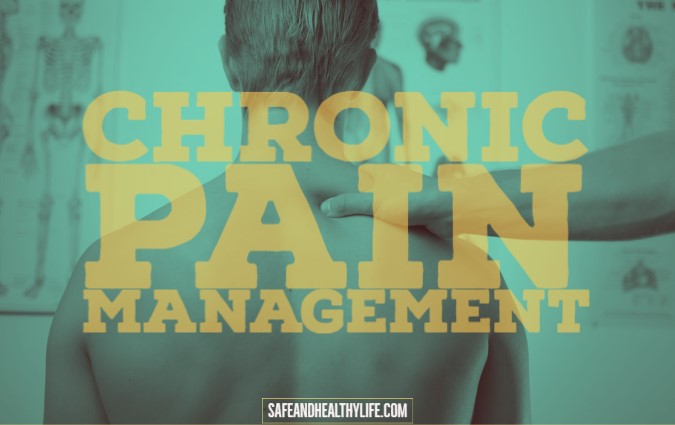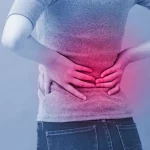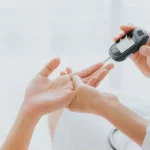
Are you in constant pain from various diseases with no relief in sight? Nothing can be more debilitating and distressing than continual pain. It robs you of quality life and the wholesomeness of good health.
It condemns you to perpetual suffering and robs you of the will to live. Worry no more, Greenacres neck pain specialists can put to rest your tribulations.
Bart Gatz, MD, and the team at American Interventional Pain Institute is a leading authority in the management of pain, assisting patients who have arthritis, lower back pain, shoulder pain, and other pain-causing conditions.
Using innovative pain relief solutions, modern wellness practices, and functional rehabilitation methods, he helps patients cope with pains associated with terminal diseases like cancer effectively and humanely.
Pain Management
Pain Management related to the field of medicine that deals with the management of chronic pain. This practice is employed to ease the suffering and pain of those living with this devastating condition.
Although pain management does not mean the total eradication of pain, the methods used offer relief and better quality of life to the sufferer.
Pain management is usually carried out by a large team of medical practitioners who may notably include physicians, clinical psychologists, physiotherapists, occupational therapists, pharmacists, and nurses.
There are as many treatments for pain as there are causes. Different pain management strategies address different sorts of pain.
Chronic Pain
The pain gradually subsides as an injury or an ailment heals and dies off completely.
Chronic pain may last for several weeks or even years, severely hampering movement, strength and generally limiting your ability to perform your daily chores comfortably.
The pain may be steady or intermittent, striking hard and retreating without warning or reason. It may be sharp or dull, affecting the area of injury or pathology.
Continuous pain that lasts over 12 weeks is defined as chronic. Whereas there are many types of chronic pain, some of the most common include:
- Post-trauma pain – this occurs when someone faces a traumatic situation, for example, a car accident.
- Post-surgical pain – as the name suggests, this occurs when someone feels pain after going through a surgery.
- Lower back pain – this can be caused by different reasons, like, soft tissue injuries or a pulled muscle.
- Headaches – this can be caused by weak emotional distress, weak eyesight, stress, as well as high blood pressure, etc.
- Arthritis pain – this can be caused by swelling in joints, muscle strain, as well as damage to joint tissues.
- Cancer pain – this can be caused when the tumor pressing on bones, nerves, etc. as well as after the cancer treatment.
- Pain caused by nerve damage – this is caused by a disease or an injury as well as trapped nerves or problems in the central nervous system.
- Pain caused by disease or injury.
An imperative aspect of pain management is communication. Communication between the health care provider and the patient is critical if an effective pain management strategy is to be realized.
The health care provider will need to know some of the salient points of the pain, such as:
- How intense is the pain?
- Where is the pain?
- When did the pain start?
- Is there a trigger to the pain?
The answers to these questions will help determine the interventions to be undertaken to manage or, if possible, cure the problem.
Physical Rehabilitation
Also known as physiatry is a branch of medicine commonly used to treat problems affecting the nerves, muscles, bones or brain that may cause temporary or permanent disability.
The physiatrists work with a team of other health practitioners, such as physical therapists and psychologists. Some of the methods employed by these healthcare providers include:
- Exercises to build up your muscles and increase movement
- Massages to stretch your muscles to gain flexibility
- Exercises to assist in motor coordination and balance
- Practical lessons to teach the patient how to cope once discharged from the hospital
Physical rehabilitation is a vital part of the recovery process for any person undergoing treatment and may continue long past your stay in the hospital.
Various lifestyle remedies have also proven to be very effective in the management of chronic pain. Yoga, art and music, pet therapy, tai chi, massage, and meditation are some of the traditional remedies used to help ease chronic pain.
About The Author:
My name is Wahab. My interest is sharing different ideas and tips. I like to share ideas and as a result, I would be delighted to hear from you.




